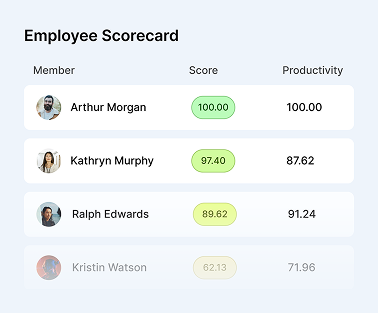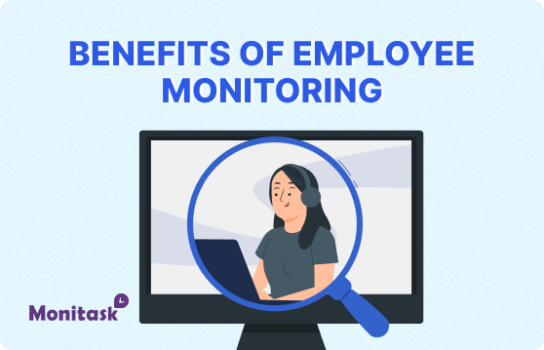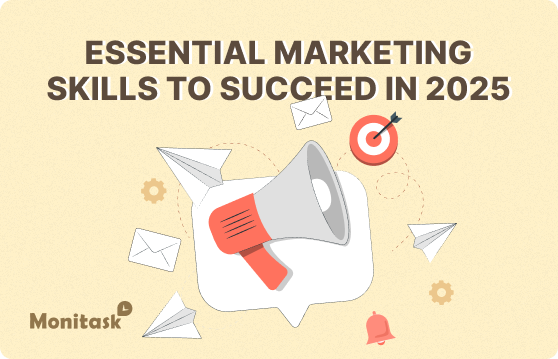
Marketing remains a cornerstone of success in the fast-evolving world of digital business.
Whether you’re just starting your career or looking to stay relevant, understanding the essential marketing skills for 2025 is crucial.
That means combining intuition and strategy, creativity and data, curiosity and adaptability.
Marketing Skills: What Do They Include
Marketing skills encompass a mix of creative, analytical, and technical abilities.
There’s no single path into marketing anymore. One person might enter through graphic design, another through coding, and someone else through psychology. But wherever you start, the skills you’ll need to grow are converging.
A modern marketer has to think like an analyst, act like a strategist, and communicate like a storyteller. They understand platforms, algorithms, automation, and people—especially people. Being able to interpret user behavior and tailor messages accordingly isn’t a bonus. It’s expected.
Marketers often work cross-functionally and need to respond quickly to changing trends.
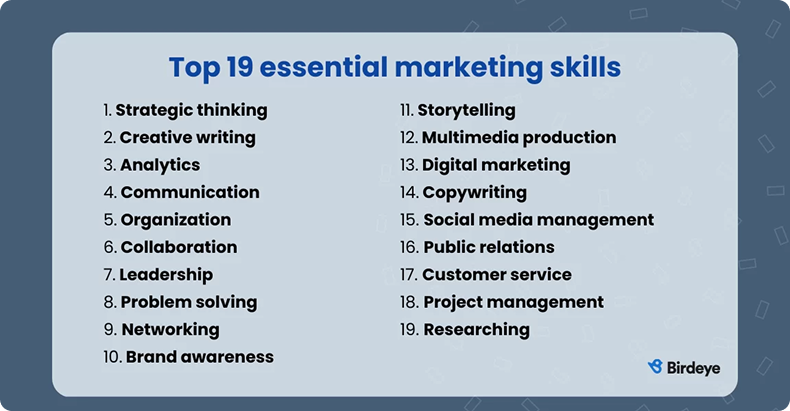
Best Ways to Showcase Your Marketing Skills on a Resume
To stand out, your resume should highlight both your technical proficiencies and measurable results.
Use bullet points to detail your achievements—for example, “Increased email open rates by 30% through A/B testing.”
Include tools you’re proficient with, such as Google Analytics, HubSpot, or SEO platforms, and tailor your experience to match the specific role you’re applying for.
A strong portfolio or link to past work can also add significant value.
In-Demand Marketing Skills for 2025 and the Future
As technology continues to transform the industry, the most in-demand marketing skills for 2025 include:
- AI-Powered Marketing Tools: Understanding how to use AI for content generation, customer segmentation, and predictive analytics.
- Data Analytics: The ability to interpret data and make strategic decisions based on insights.
- Video Marketing: Short-form video content is dominating platforms like TikTok and Instagram.
- SEO and SEM: Staying current with search algorithms and optimizing for both organic and paid search.
- Personalization Strategies: Creating tailored experiences for customers using CRM and automation tools.
Staying current and adaptable is key to long-term success in marketing. By mastering both foundational and emerging skills, you’ll be well-prepared for the opportunities and challenges of 2025 and beyond.
“Marketing in 2025 is equal parts art and science.”
Mastering Marketing Operations
Behind every successful campaign is an efficient system that keeps tools, data, and people in sync.
Data management plays a crucial role, with platforms like Tableau and Google Analytics offering more than just performance tracking—they provide insights that inform smarter decisions.
Process improvement is another key area: marketers need to streamline workflows, reduce friction, and automate repetitive tasks whenever possible, often by adopting agile practices.
Project coordination tools such as Asana or Trello help manage deadlines and keep teams aligned across departments.
CRM expertise—particularly in tools like Salesforce or HubSpot—is essential for personalizing outreach and improving conversion rates.
Finally, reporting isn’t just about presenting numbers; it’s about telling a clear story that highlights impact and ROI.
Social Media Marketing Competencies
Success in social media requires more than just posting regularly—it demands a strategic approach and a refined skillset. Here are the key competencies every social media marketer should develop:
Clear and Engaging Communication
Marketers must craft messages that are not only clear and concise but also resonate with diverse audiences across platforms. This involves understanding brand voice, adapting tone for different channels (e.g., professional on LinkedIn, casual on Instagram), and creating compelling calls to action that drive engagement.
Task Prioritization
Effective marketers know how to prioritize tasks—whether it’s scheduling posts, responding to comments, or analyzing performance metrics. Mastery of scheduling tools like Buffer, Hootsuite, or Later helps ensure consistent presence without burnout.
Building and Managing Communities
Social media marketers must foster genuine interactions, moderate discussions, and create a safe and inclusive space for audience engagement. This includes managing feedback—positive or negative—with empathy and professionalism, and encouraging user-generated content and participation.

Pay-Per-Click (PPC) Marketing That Works
Paid search still delivers strong ROI—but only if you do it right.
Top PPC skills:
- Campaign optimization: Adjust bids, pause weak ads, and refine targeting regularly.
- A/B testing: Small tweaks to copy or layout can lead to big gains.
- Keyword research: Use tools like SEMrush or Ahrefs to find high-intent and negative keywords.
- Clear ad copy: With limited space, every word has to earn its place.
- Organized management: Keep track of campaigns across platforms and watch your budget closely.
Effective PPC marketing isn’t about set-it-and-forget-it tactics—it’s about constant refinement. Marketers who stay curious, test consistently, and focus on relevance will get the most out of their ad spend. When every click costs, precision and adaptability make all the difference.
Maximize productivity of your business
Track employee productivity and simplify work with them
Content Marketing Expertise
Content marketing continues to be a cornerstone of inbound strategies, building trust and authority through valuable, relevant content. The most effective content marketers in 2025 will blend storytelling with strategy to capture attention and drive engagement.
Strong Writing Abilities
Clear, concise, and engaging writing is non-negotiable. From blog posts to whitepapers, great content starts with a strong command of language and an understanding of how to structure information for clarity and impact.
Understanding Audience Behavior
Content that connects begins with deep audience insight. Marketers must analyze user personas, track content engagement, and use behavioral data to tailor content that answers real needs and questions.
Performing Qualitative Research
Qualitative insights from customer interviews, social listening, and community feedback help uncover pain points and inform content strategy. These inputs are especially valuable for creating empathetic, user-first content.
Thinking Creatively
Creativity sets content apart in a crowded digital space. Whether brainstorming unique angles, incorporating multimedia, or experimenting with tone and format, creative thinking helps content cut through the noise.
Keyword Strategy (SEO balance)
SEO remains essential. Content marketers must know how to conduct keyword research, structure content for search engines, and balance keyword use with natural readability to boost visibility.
Email Campaigns
Email remains a high-ROI content channel. Marketers should be skilled in crafting personalized, segmented email campaigns that nurture leads and deliver value, using tools like Mailchimp, Klaviyo, or HubSpot.
Content Editing
The final polish matters. Editing for grammar, tone, clarity, and consistency ensures content meets high standards and aligns with brand voice—building credibility and professionalism.
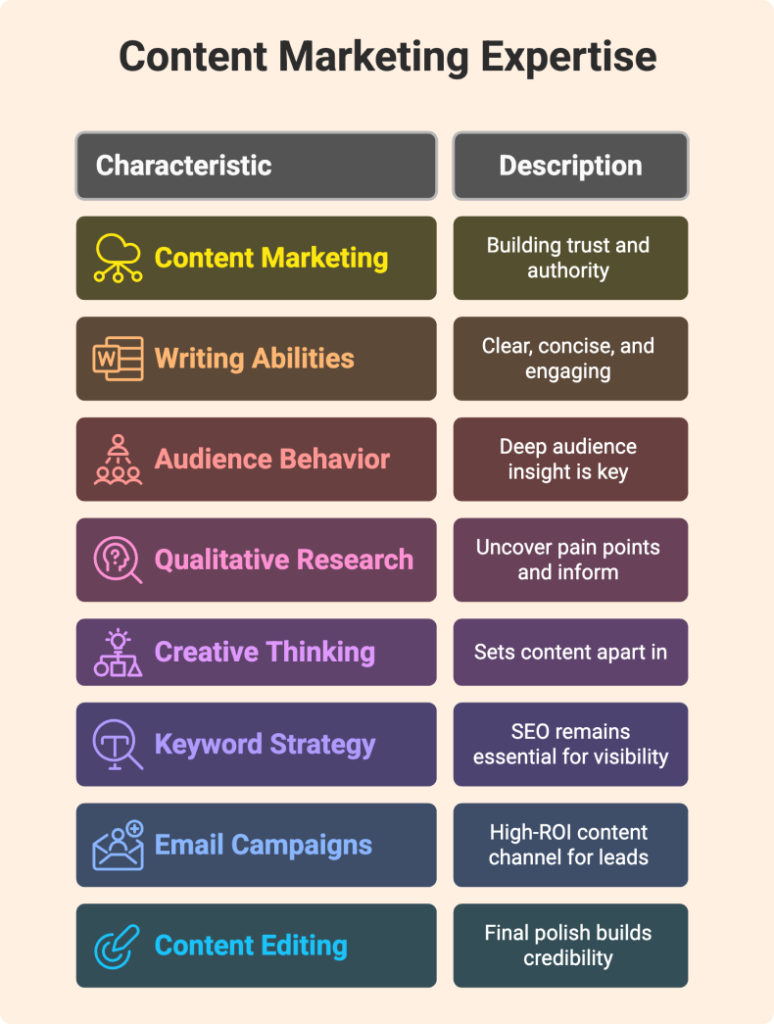
8 Leadership Skills in Marketing
To lead marketing teams in 2025, you’ll need to wear many hats: strategist, analyst, mentor, and fixer.
Key leadership skills:
Conclusion
As the marketing landscape continues to evolve in 2025, professionals must stay ahead of the curve by mastering a diverse set of skills across strategy, operations, content, and leadership.
Whether you’re building engaging social media campaigns, optimizing PPC performance, or leading a marketing team, success hinges on continuous learning, adaptability, and a results-oriented mindset.
By sharpening these essential marketing skills, you’ll not only boost your own career prospects but also drive meaningful impact for the organizations you support.
– The Monitask Team
Frequently Asked Questions
How can I keep my marketing skills up to date?
Regularly follow industry blogs, take online courses, attend webinars, and experiment with new tools and techniques. Platforms like Coursera, HubSpot Academy, and LinkedIn Learning offer great resources for marketers at all levels.
What tools should a modern marketer be familiar with?
Depending on your focus, tools may include Google Analytics, HubSpot, SEMrush, Salesforce, Canva, Adobe Creative Suite, Mailchimp, and project management platforms like Trello or Asana.
How do I highlight my marketing skills on a resume?
Showcase measurable achievements (e.g., “Increased email click-through rates by 25%”), list relevant tools and certifications, and tailor your experience to align with the job description.
Are soft skills important in marketing?
Absolutely. Communication, adaptability, problem-solving, and collaboration are critical for working in fast-paced, cross-functional teams and for effectively engaging with your audience.
